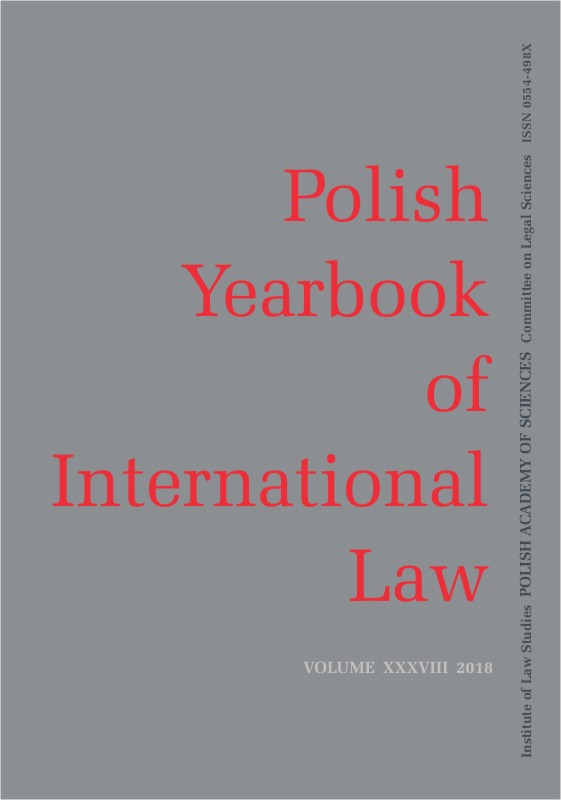The Dual/Multiple Nature of “Plain and Intelligible Language” of Unfair Terms in Consumer Contracts under European Law and Its Polish Transposition
The Dual/Multiple Nature of “Plain and Intelligible Language” of Unfair Terms in Consumer Contracts under European Law and Its Polish Transposition
Author(s): Piotr SitnikSubject(s): Law, Constitution, Jurisprudence, EU-Legislation
Published by: Instytut Nauk Prawnych PAN
Keywords: plain and intelligible language; consumer contracts; unfair terms; substantive unfairness; Directive 93/13/EEC
Summary/Abstract: The “plain and intelligible language” requirement performs a dual function within the framework of Council Directive 93/13/EEC of 5 April 1993 on unfair terms in consumer contracts. First, it is listed as a requirement for application of the exemption included in Art. 4(2) as regards policing terms relating to the main subject matter of the contract or to the adequacy of the price and remuneration. Second, the “plain and intelligible language” requirement is a general requirement addressed at all consumer contracts executed in writing (Art. 5). This paper examines the boundaries of the precept, and places particular emphasis on the recent developments in both EU and Polish law, where the requirement has been used to imply a host of information duties aimed at enhancing consumers’ capacity to foresee the consequences of the terms that they are assenting to. This apparently novel approach, which has been developing in piecemeal fashion in the CJEU’s ever-expanding case law, may trigger significant consequences in the field of consumer contract law. In some ways, expansion of the substantive scope of the requirement may be said to be motivated by the fact that courts, under Art. 4(2) of Directive 93/13, are unable to subject the adequacy of the price and remuneration against the services or supply of goods received in exchange to the substantive fairness test under Art. 3(1) (examination of terms through the prism of the notions of good faith and significant imbalance in the parties’ rights and obligations to the detriment of the consumer).
Journal: Polish Yearbook of International Law
- Issue Year: 2018
- Issue No: 38
- Page Range: 253-272
- Page Count: 20
- Language: English
- Content File-PDF

